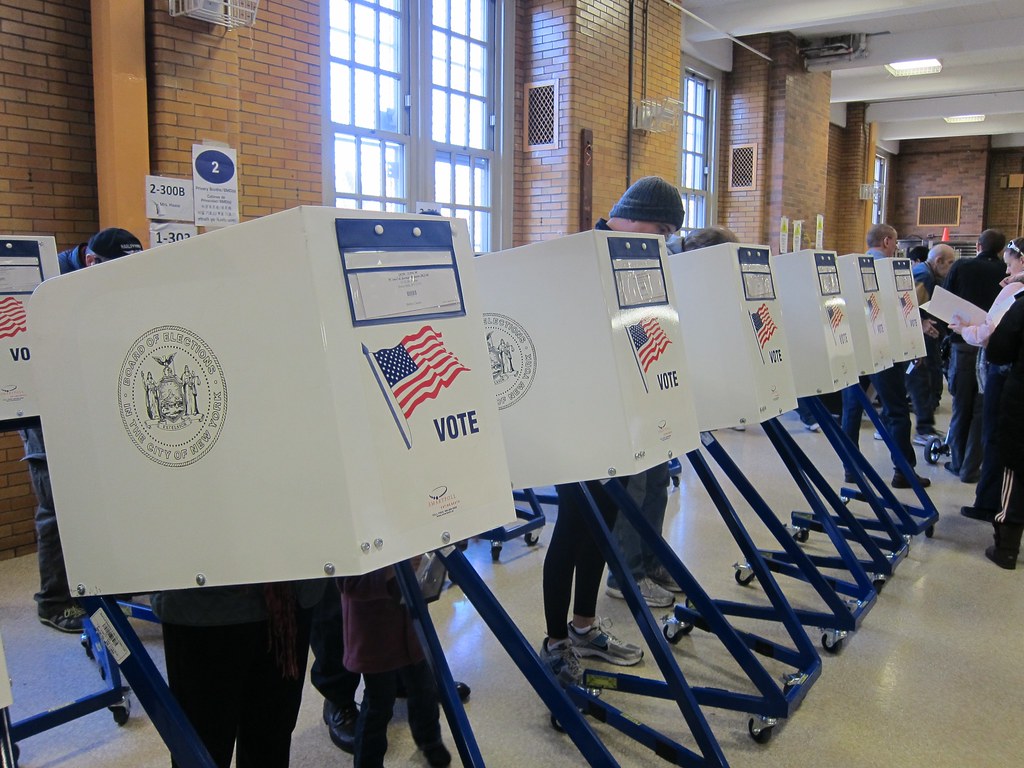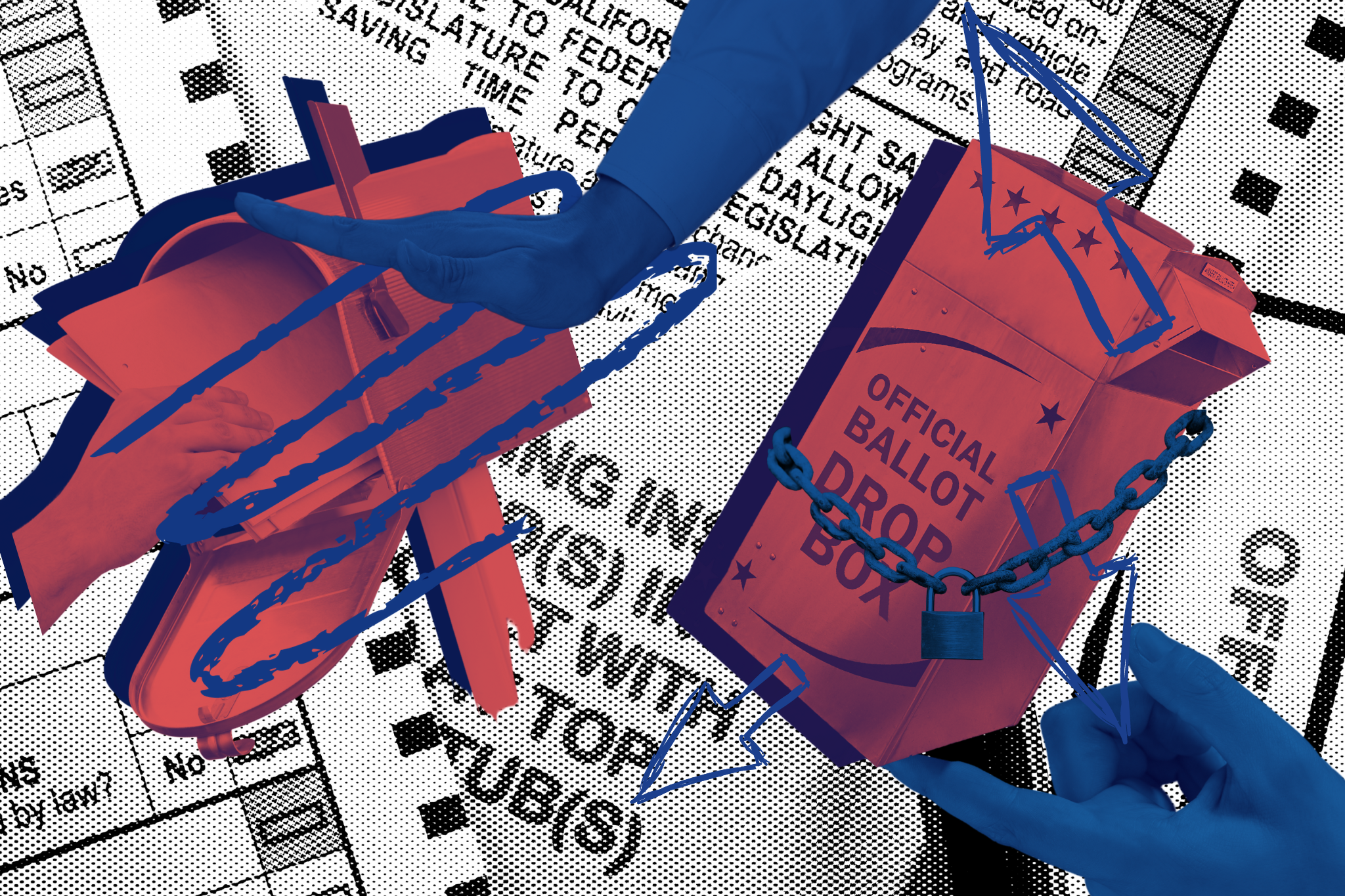
Attacks on Absentee Voting During the 2020 Campaign
In the run-up to the 2020 election, the Trump campaign advised county officials in North Carolina not to follow newly enacted voting rules, and sent probing inquiries to local officials in Georgia and Wisconsin about planned election procedures in an apparent hunt for voter fraud. American Oversight wants to know if similar interference happened in other key jurisdictions.

Amid the unprecedented challenge of managing an election during a pandemic, local officials faced a barrage of attacks on rules and procedures from then-President Donald Trump’s reelection campaign. American Oversight is investigating how his campaign and other outside entities sought to suppress or undermine voting rights by interfering with state and local absentee voting.
In North Carolina in late September 2020, after the state elections board introduced new procedures to make it easier for voters to fix errors with their mail-in ballots — an issue that disproportionately affected Black voters in the state — the Trump campaign pressured local officials to ignore the new rules. The procedural changes had been made as part of a settlement in a lawsuit brought by a voting rights group.
“The NC Republican Party advises you to not follow the procedures,” Trump campaign operative Heather Ford told county officials in a September email, as reported by the Associated Press.
CNN also reported in September that the Trump campaign had contacted local officials in key swing states with requests for detailed information about voting procedures. In Wisconsin, more than 1,800 municipal clerks received data requests from the Trump Victory committee that “at first glance looked like a public records request.” County officials in Georgia received a 59-question survey from the campaign that “that probed how that state’s mail-in system will be structured at every level,” according to CNN.
Questions in the Wisconsin inquiry appeared aimed at undermining faith in the security of voting by mail. For example, CNN reported that the document asked, “What steps are taken to make certain that a voter who votes by mail is unable to also vote in-person?” — echoing Trump’s advice to his voters that they should attempt to vote both by mail and in person, ostensibly to check that their first vote was counted. (Intentionally double voting is a type of voter fraud often warned against by conservatives seeking to limit access to absentee voting, but is exceptionally rare.)
In October, the Justice Department also weakened long-standing election interference guidance, allowing federal prosecutors to take investigative actions before the election — even if those actions could tip the scales at the polls — if a case implicated the “integrity of any component of the federal government,” including specifically fraud involving postal workers.
Throughout the election season, the Trump campaign and its allies also pursued legal challenges that sought to curtail access to mail-in voting and other forms of early voting that helped drive the record turnout that voted Trump out of office.
American Oversight is investigating contact between local officials and outside entities, including local and national Republican operatives as well as the Justice Department, about election rules and procedures. In October, we sent requests targeting the communications of officials in key localities in Wisconsin, Texas, Georgia, Pennsylvania, and Florida.
These efforts have already started to produce records. Emails from Harris County, Tex., show communications about absentee ballot issues, including signature matching and other concerns, between local elections officials and Alan Vera, the Harris County Republican Party’s ballot security chairman who helped found the voting-restriction group True the Vote. Vera’s voter-registration challenges in 2018 led more than 1,700 registrations to be erroneously placed on a suspension list.
We will continue to investigate 2020 efforts to limit voting rights and ballot access as well as Trump and his supporters’ attempts to undermine the legitimacy of the election results.



